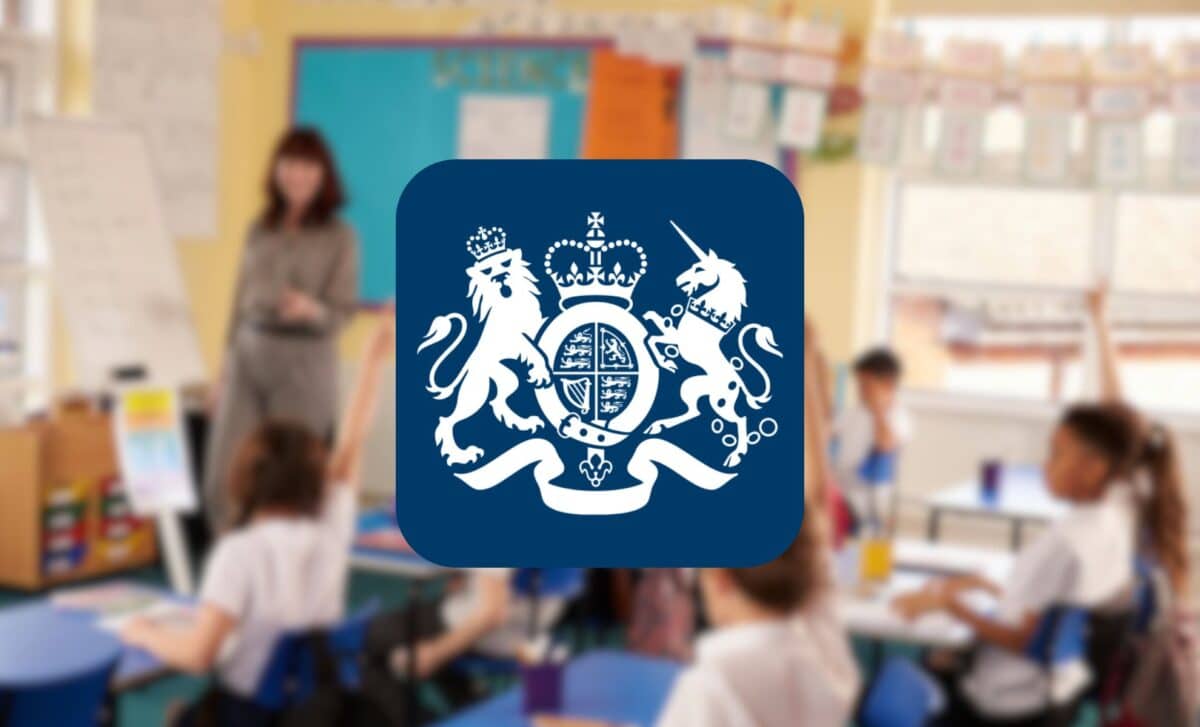Thousands of Year 11 students across Greater Manchester and the West Midlands will receive their GCSE results via a secure digital app this summer, marking a first in England’s education system. The Education Record app is part of a new pilot scheme aimed at streamlining access to academic records, certificates and qualifications.
The pilot will reach over 95,000 students and forms part of the UK government’s broader digitalisation drive. The long-term objective is to integrate the service into the gov.uk wallet, which is currently under development by the Department for Science, Innovation and Technology.
Modernising Exam Result Delivery
According to the Department for Education (DfE), the Education Record app will allow students to access verified exam results directly on their mobile devices.
The platform consolidates students’ academic records into a single, portable format, with the aim of reducing administrative workload in schools and enhancing application processes for further education, apprenticeships and employment.
Schools and colleges could save up to £30 million annually if the system is rolled out nationally, according to the government. This figure is equivalent to the combined salaries of over 600 new further education teachers, suggesting potential resource reallocation in future budgets.
Education Minister Stephen Morgan stated the scheme would “allow schools and colleges to focus on what they do best: teaching the next generation rather than being bogged down in bureaucracy.”
The app has been in use since spring 2024 at Hathershaw College in Oldham. Its principal, Mark Giles, reported that the digital format is “accurate, verifiable and could be presented to providers without delay.” He also suggested the app could eventually support the transition from primary to secondary school by giving parents earlier access to pupil records.
Support From Education Leaders and Unions
The initiative has drawn support from major school leadership organisations, though some have urged caution. James Bowen, assistant general secretary at the NAHT (National Association of Head Teachers), welcomed the move towards modernisation but emphasised the need for a “careful” pilot phase, with “seamless support” in place should problems arise.
Pepe Di’Iasio, general secretary of the Association of School and College Leaders (ASCL), described the app as a “positive step forward” in the use of digital tools across education.
He noted that, until now, development in this area had been “frustratingly piecemeal” and largely driven by private market solutions rather than cohesive national planning.
Both union leaders pointed to the continued reliance on pen-and-paper exams as a broader inefficiency. Di’Iasio called for future investment in a digital exam infrastructure, highlighting ongoing logistical challenges related to the storage and transport of physical exam papers.









